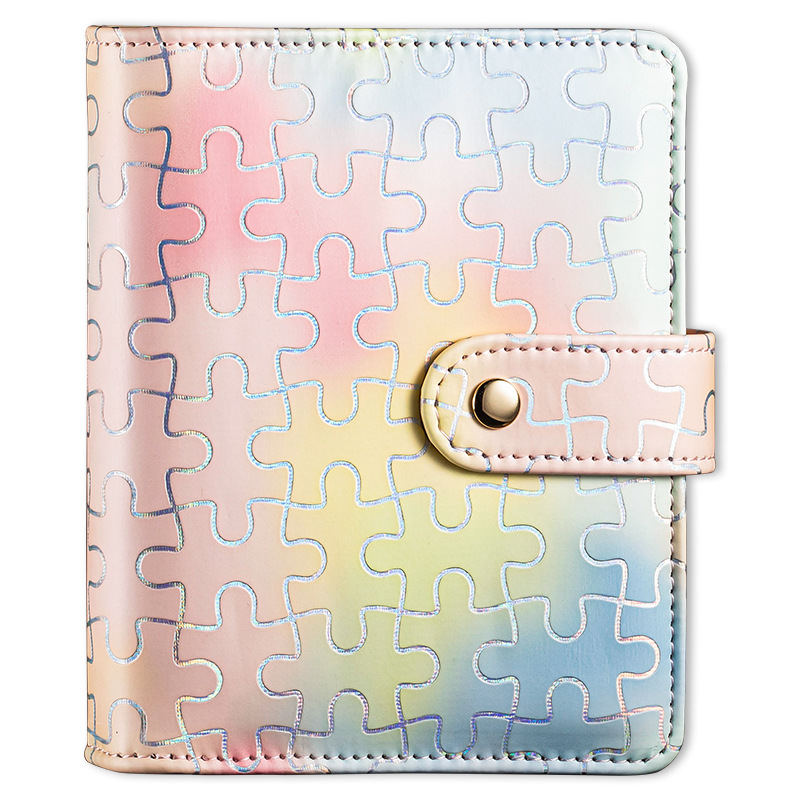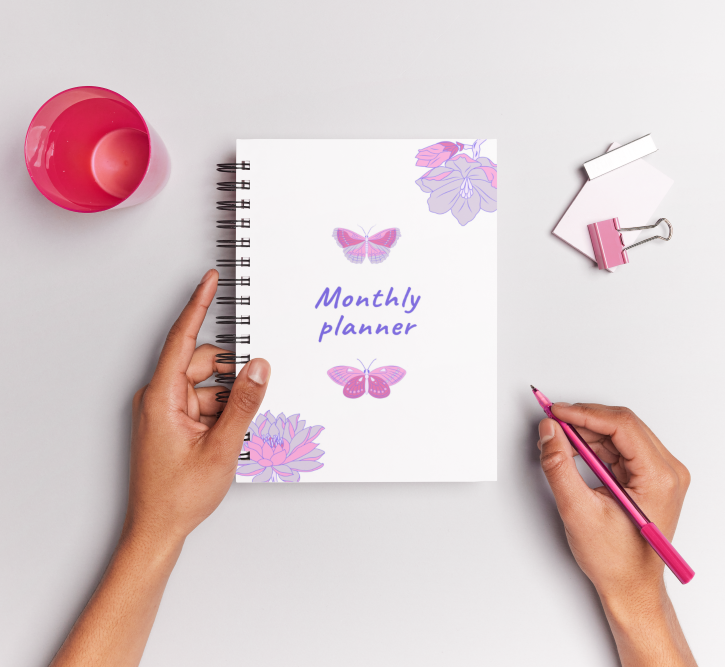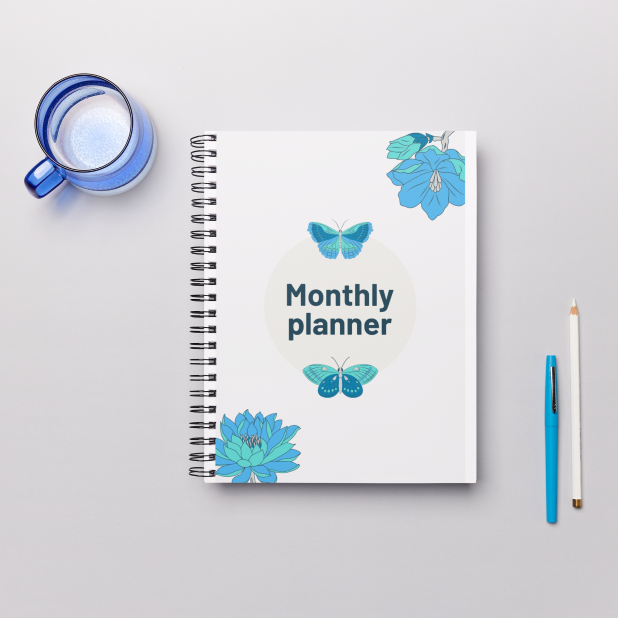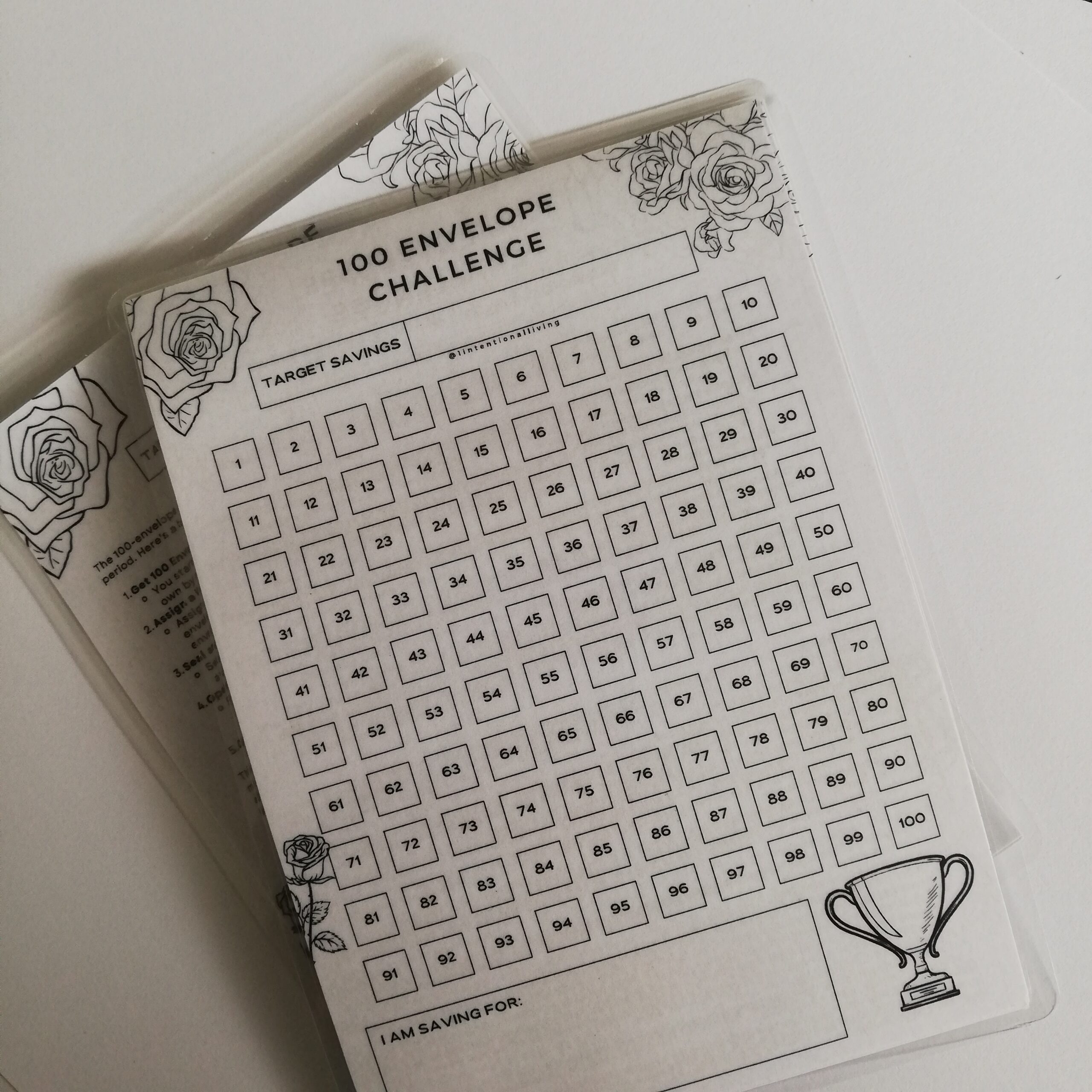Creating a monthly budget is a fundamental step toward financial stability. It involves detailing your income sources and categorizing expenses, fostering a clear understanding of where your money goes. Start by listing fixed costs like rent and utilities, followed by variable expenses such as groceries and entertainment. Allocate a portion for savings and an emergency fund. Regularly review and adjust your budget to align with changing financial goals. The process instills discipline, curbing unnecessary expenditures, and allows for strategic planning. Ultimately, a well-crafted budget empowers you to prioritize financial objectives, save efficiently, and navigate life’s financial landscape with confidence.
- How do I start creating a budget?
- Begin by documenting your sources of income and categorizing your expenses. Identify fixed and variable costs to establish a clear financial picture.
- What percentage of my income should I allocate to different expenses?
- A common approach is the 50/30/20 rule, where 50% of income covers needs, 30% goes to wants, and 20% is allocated for savings and debt repayment.
- How often should I review and update my budget?
- Regular reviews, preferably monthly, ensure your budget stays relevant. Adjust as circumstances change, accommodating new expenses or income fluctuations.
- How can I prioritize my spending within a budget?
- Prioritize essential needs like housing, utilities, and groceries before discretionary spending. Allocate money for savings and debt repayment as well.
- What if my expenses exceed my income?
- Evaluate discretionary spending and find areas to cut back. Consider increasing income through side hustles or negotiating better terms on bills.
- Should I include savings in my budget, and how much should I save?
- Yes, allocate a portion of your income for savings. The amount depends on your financial goals, but a common recommendation is 20% of your income.
- How can I account for irregular expenses in my budget?
- Create a sinking fund to save for irregular but expected expenses, like annual insurance premiums or holiday spending.
- Is it necessary to budget for entertainment and leisure activities?
- Yes, budgeting for leisure activities is crucial for a balanced financial plan. Allocate a reasonable amount for entertainment to avoid overspending.
- How do I handle unexpected expenses in my budget?
- Maintain an emergency fund to cover unexpected costs. Adjust your budget to replenish this fund if it’s used, ensuring financial stability during unforeseen circumstances.
- Can I use budgeting apps, and do they really help?
- Yes, budgeting apps automate tracking and categorizing expenses, making it easier to stick to a budget. Choose one that suits your preferences and financial goals for effective budget management.









One thought on “10 Key points to understand about budgeting”